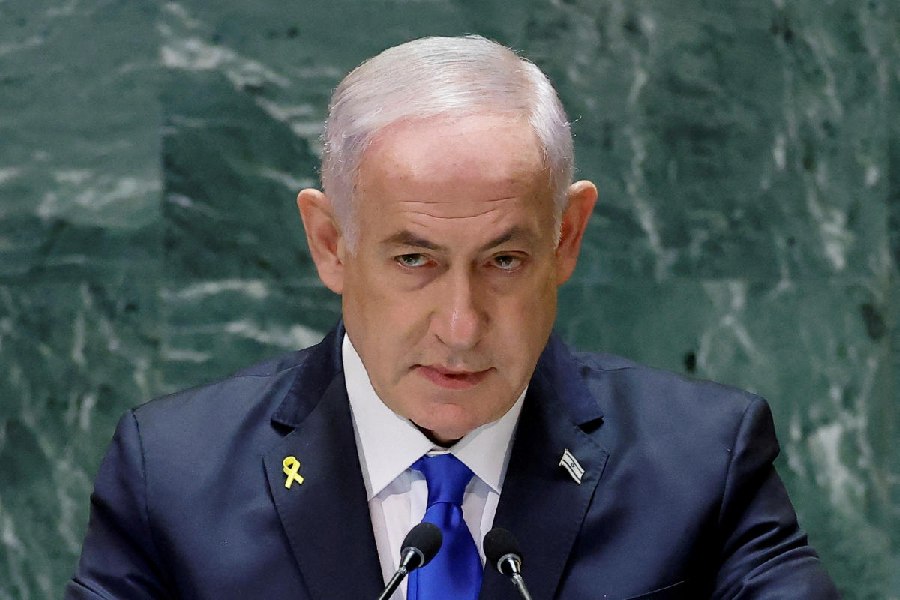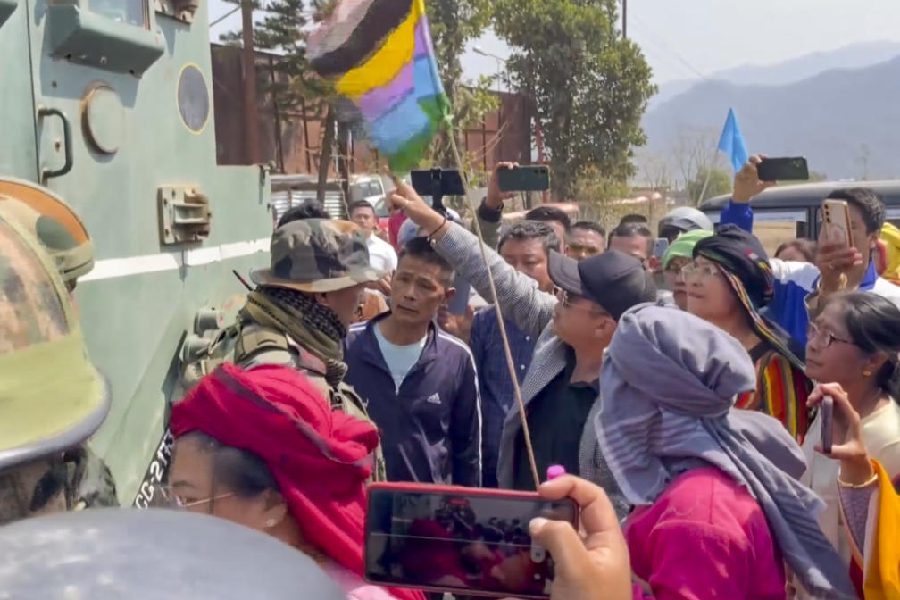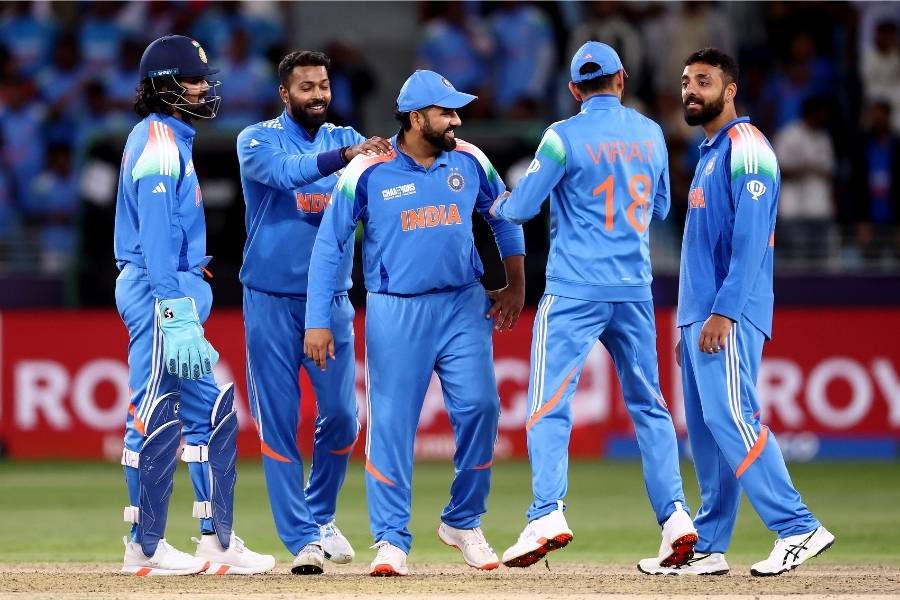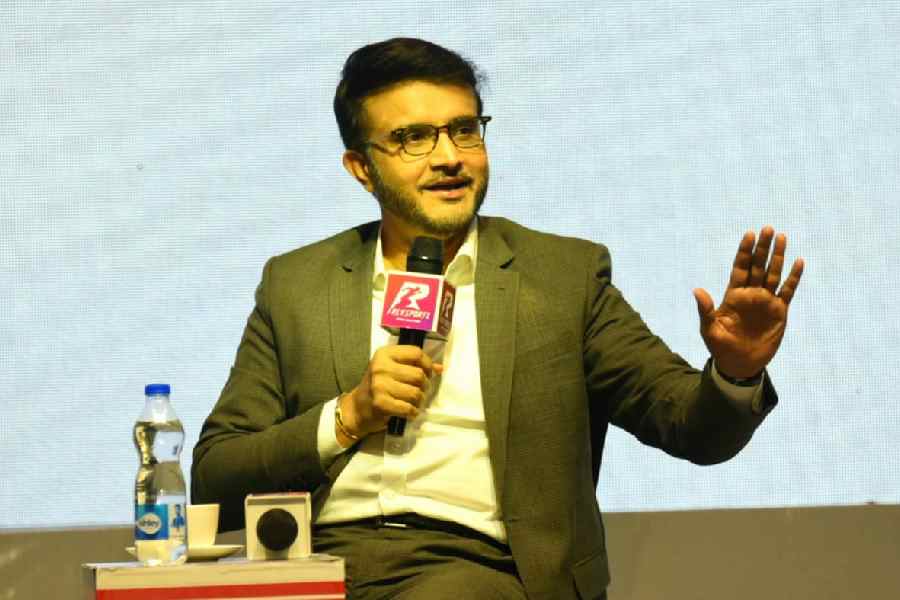A year on from Hamas’s October 7 attacks on Israel that killed about 1,200 people, the Middle East continues to remain mired in an ever-widening conflict with no de-escalation in sight. Since that horrendous assault on Israel, nearly 42,000 people have been killed during Israel’s campaign in Gaza as per various estimates. Even as the president of the United States of America, Joe Biden, lamented that “Far too many civilians have suffered far too much during this year of conflict”, Israel, Hamas, and Hezbollah were busy launching fresh attacks to commemorate the anniversary of last October’s assault. This was a reminder, if at all it was needed, that in the dreary world of the Middle East, battlefield realities would continue to shape political realities.
After the terror attacks of September 11, 2001, the neo-conservatives emerged as the most significant voice in the strategic world. They argued that in order to drain the region of Islamist extremism, a new political order needed to be created in the Middle East through the use of US military power. That idea, discredited after the 2003 war in Iraq, is now making a comeback and is being pushed to the centre stage by Israeli leaders who view their recent tactical gains as reasons for restructuring the regional order.
For Israel’s former prime minister, Naftali Bennett, this is “the greatest opportunity in 50 years to change the face of the Middle East” with suggestions that Israel should go after Iran's nuclear facilities to “fatally cripple this terrorist regime”. The Israeli prime minister, Benjamin Netanyahu, has also reached out directly to the Iranians with the message that regime change was around the corner.
But the Middle East has been the graveyard of such grandiose political projects. Perhaps that is why the main actors continue to march ahead with their respective battle cries. There has been a crashing of deterrence all around. If the attack on Israel last October challenged the myth of the impenetrable nature of the Israeli security cloak, the Israeli destruction of Hamas and Hezbollah has called the bluff of Iran having an upper hand in the regional security matrix. Israel has, at least for now, demolished the belief that Iran’s ‘axis of resistance’ is robust enough to deter Israel. Israel’s ‘escalate to de-escalate’ policy has meant opening up multiple fronts and Iran has been pushed into making difficult choices. For the regime in Tehran, whose one claim to fame is its seeming ability to stand up to the ‘Zionist forces’, backing down is not really an option.
Contradictions abound elsewhere as well. Israeli society, united by the grief of the loss and the trauma of last October, remains highly fragmented politically. Netanyahu continues to be a divisive figure, with his political survival seen by his opponents as the main driver of his hyper-muscular approach to the conflict. Yet, in the last few weeks, he also seems to be delivering on his promise of a “mighty vengeance”, ultimately resulting in the elimination of Hamas. His success in militarily targeting Hamas and Hezbollah has rallied his base though tactical successes continue to outweigh the strategic logic behind the use of force.
The West remains wary of challenging Netanyahu who managed to outmanoeuvre Biden’s “grand bargain” of Palestinian statehood in return for a broader diplomatic normalisation between Saudi Arabia and Israel by openly suggesting that any statehood for the Palestinians at this time would be a “huge reward” for Hamas. After the French president, Emmanuel Macron, called for a halt on arms deliveries to Israel for use in Gaza, Netanyahu decried the move by shaming Macron.
Israel has certainly succeeded in changing the balance of power in the Middle East for now but the strategic shift remains far from clear. Tel Aviv doesn’t seem to have any political endgame beyond the destruction of its adversaries. But without a political strategy, battlefield gains won’t amount to much. The pain and trauma borne by the Israelis is now being replicated on the Gazan side. This collective trauma is certainly not a recipe for long-term peace.
Harsh V. Pant is Professor of International Relations, King's College London











